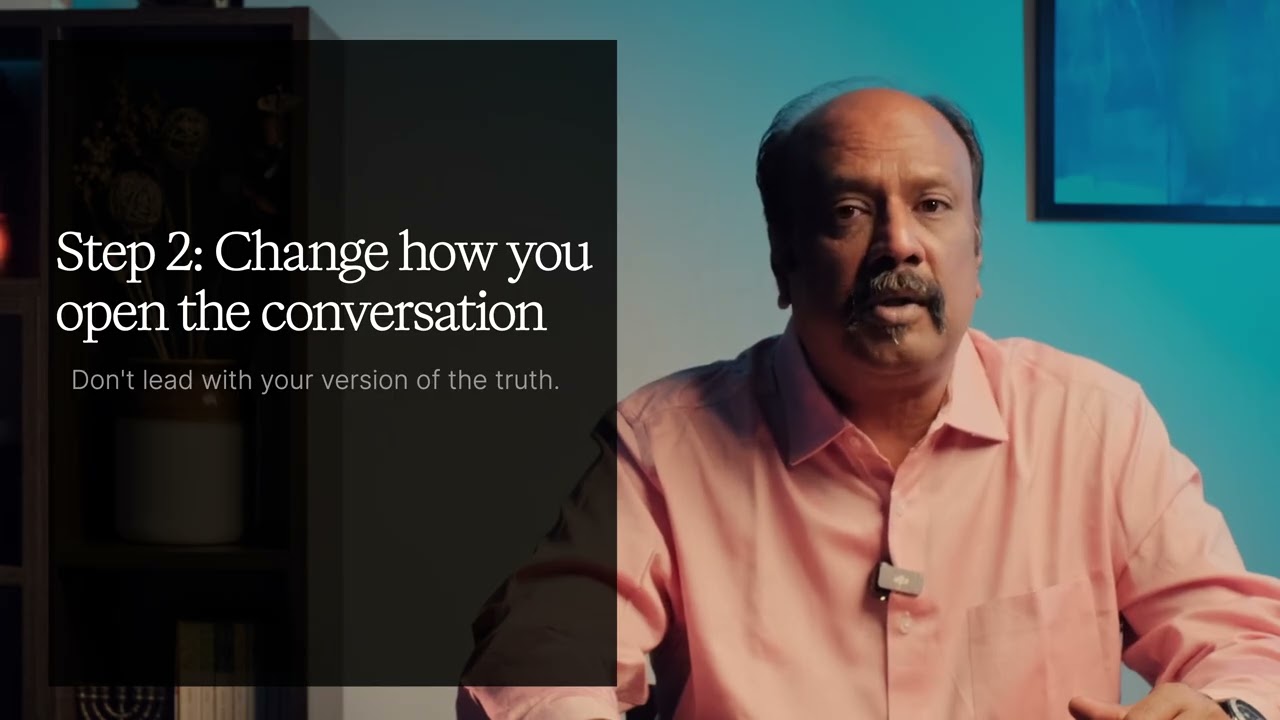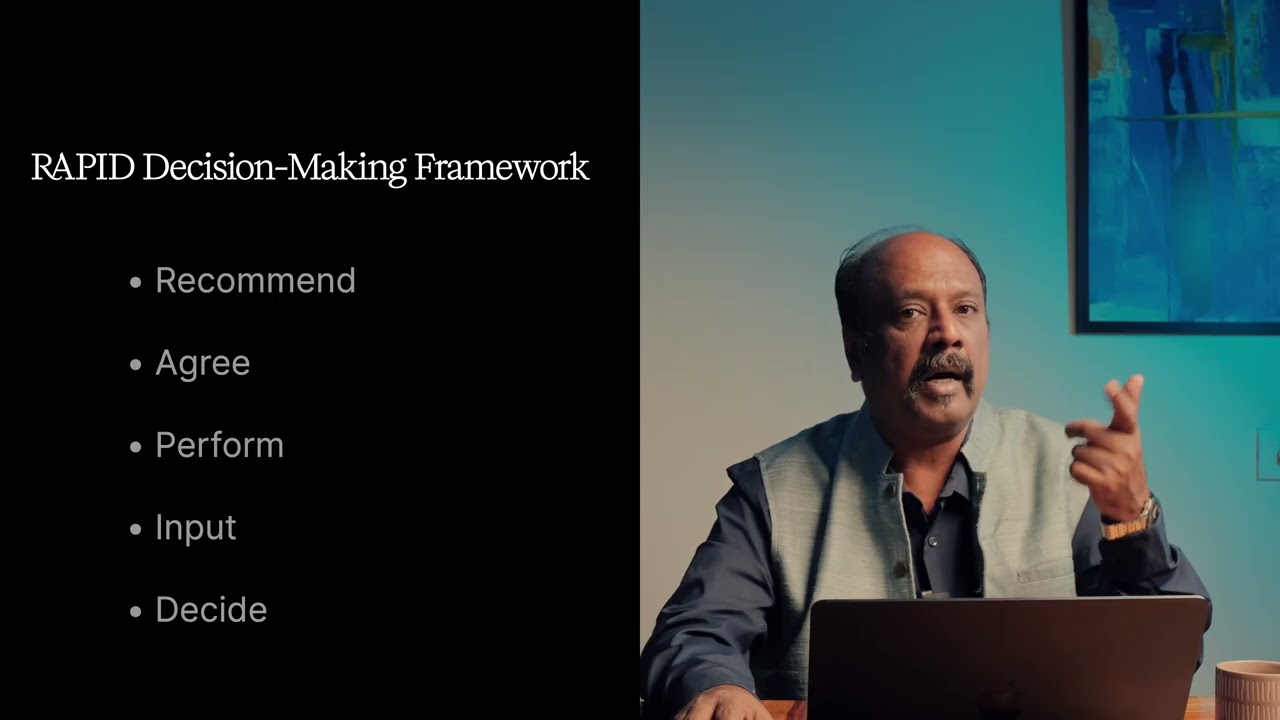Change is no longer a mere possibility; it’s a constant, shaping every aspect of our lives. Whether in personal habits, organizational dynamics, or societal structures, the ability to adapt is paramount. But how do we effectively plan and lead amidst this relentless tide of transformation?
Planning for the Future
Are our strategies for the future based on anticipation of upcoming trends, or are they merely extensions of past experiences? Consider the technological advancements of the past few years—apps for online shopping, ride-hailing, and real estate transactions were inconceivable not long ago. Yet, today, they are integral to our daily lives. This rapid evolution prompts a critical question: Are we preparing for the future with an open mind or just replicating past patterns?
The Nature of Change
Charles Darwin’s observation on survival underscores a key truth: it’s not the strongest or the most intellectual that endures, but those who adapt best. Peter Drucker echoes this sentiment, asserting that in times of upheaval, being ahead of change, rather than managing it, is crucial for survival. Today’s era of unprecedented change demands not just acceptance but proactive leadership.
Self-Reflection and Organizational Measures
On a personal level, consider what aspects of yourself you want to change and what you wish to preserve. Understanding why certain traits should evolve while others remain constant can offer profound insights into your growth journey.
In organizations, measuring progress typically involves financial metrics like revenue, costs, and profit, but impact is often overlooked. How can we quantify the true effect of our actions and decisions? Exploring this could redefine our understanding of success and progress.
Impact on Planning
How do unforeseen events, like Brexit, the US elections, or demonetization, affect our forecasts and budgets? Effective planning in a volatile environment may require rolling forecasts and adaptable budgets that accommodate new realities.
Leading Through Change
Leading in times of rapid and unexpected change is a formidable challenge. Leaders must inspire confidence, foster trust, and guide their teams through uncertainty. This involves not only managing change but also exemplifying resilience and adaptability.
Future Outlook
As we look ahead, the pace of change will only accelerate. Embracing uncertainty and preparing for continual transformation will be essential. Change begins with a mind-set shift, discarding outdated patterns, and being willing to evolve.
To stand out in an age of information overload, focus on the intangibles—your unique experiences and capabilities—and ensure these are reflected in your actions, not just your words. By revisiting and refining your personal and professional models, you can navigate the future with agility and confidence.
FAQ
What does VUCA stand for in leadership?
VUCA stands for Volatility, Uncertainty, Complexity, and Ambiguity, describing the unpredictable and rapidly changing environment leaders must navigate. Understanding VUCA is essential for effective leadership in VUCA world, as it helps leaders anticipate challenges and adapt strategies accordingly.
How can leaders adapt in uncertain environments?
To lead successfully VUCA, leaders must embrace adaptability, foster a culture of continuous learning, and remain resilient amidst change. By developing these traits, leaders can guide their teams through uncertainty with confidence and clarity.
What skills are critical for leading in VUCA times?
Skills for VUCA leadership include emotional intelligence, strategic foresight, and the ability to make decisions with limited information. These competencies enable leaders to navigate the complexities of a VUCA world and drive organizational success.
How do leaders build resilience in organizations?
Leaders build resilience by promoting open communication, encouraging innovation, and supporting employee well-being. These practices strengthen the organization’s ability to withstand and recover from challenges in a VUCA environment.
Can traditional leadership methods work in a VUCA world?
Traditional leadership methods may fall short in a VUCA world due to their rigid structures. Modern leadership in VUCA world requires flexibility, agility, and a proactive approach to change, ensuring leaders can effectively guide their organizations through uncertainty.



